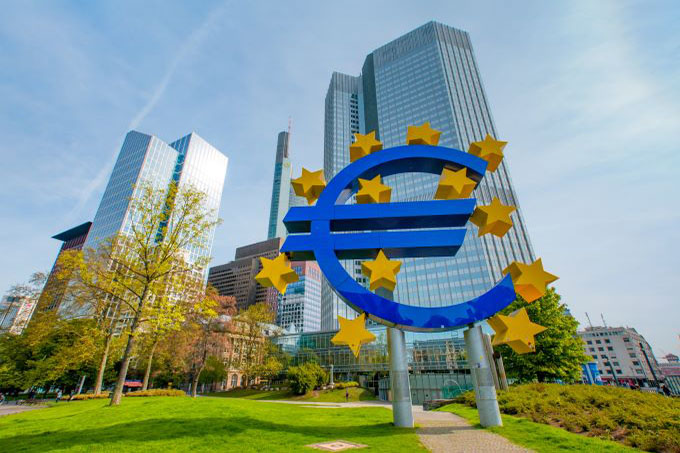The following are the most recent pieces of Forex fundamental analysis from around the world. The Forex fundamental analysis below covers the various currencies on the market and the most recent events, announcements, and global developments that affect the Forex market.
Most Recent
Global Equity Markets were mixed on Tuesday as Dubai continues to sort out its debt repayment obligations. In the U.S Producer Prices climbed 1.8% which was more than double expectations. This caused stocks to retreat as it may engage the U.S Fed to raise rates out of necessity instead of a planned withdrawal from its current quantitative easing policies.
Data released for the US economy in October point to a higher than anticipated rise in producer prices. The seasonally adjusted rise of 1.8% was the largest rise seen in 3 months, according to the US Labor Department’s Producer Price Index. One major culprit was the price of petrol which has risen by 14% because of higher crude oil prices. Core US producer prices were also up by more than expected, rising by 0.5% rather than the anticipated 0.2%.
According to the Royal Institute of Chartered Surveyors (RICS), the price of buying a home in the UK has now been rising for four straight months. This bubble is being inflated by a shortfall in the availability of houses on the market which means that vendors can ask more for their properties.
Top Forex Brokers
Last week was a fairly mixed affair for the major stock exchanges with no dramatic movement in either direction. In Europe, the FTSE lost 1.2% of its value, closing at 5261.6; the CAC dropped by 1.3%, closing at 3795.4; the Dax closed down by 1.1% at 5756.3.
Global Equity Markets closed higher as the prospect for a bona fide recovery now seems assured.
Every cloud is said to have a silver lining. The US Dollar has been slipping in value against the other major currencies all year. It has shed 10% of its value against the Euro over the course of 2009.
Hard on the heels of credit rating agency Fitch’s downgrading of Greece’s credit rating, a second Eurozone country has attracted the concern of a credit rating agency. This time, the country in question is Spain and the agency is Standard and Poor’s (S&P).
Greece is a member of the Eurozone and it has the highest debt level within Europe and is the costliest to serve. In 2010, the debt burden is predicted to amount to 125% of the country’s GDP.
Global Equity Markets slumped on Tuesday as a wave of poor economic news and lowered rating caught the market off guard. In Japan, GDP printed less than forecasted, coming in at 1.3%. Fitch lowered its rating on Greece. In Dubai, the main developer reported a $3.65 billion loss contributing to the market's woes. The DJIA finished the session down 104.14 points to close at 10,287.97
Bonuses & Promotions
As he seeks re-election for another term as Federal Reserve Chairman, Ben Bernanke has been telling the Economic Club of Washington that the US recovery remains fragile.
Global Equity Markets were off slightly Monday. A combination of light volume and a lack of any real economic data releases left markets essentially flat as traders continue to be risk averse heading into year end.
Subscribe
Sign up to get the latest market updates and free signals directly to your inbox.Last week saw all of the major stock exchanges making ground, with the Nikkei gaining ground significantly. In Europe, the FTSE put on 1.5% of its value, closing at 5322.7; the CAC was up by a very healthy 3.4%, closing at 3846.6; the Dax closed up by 2.3% at 5817.7.
The world’s major economies all established financial support measures to prop up their financial sectors and other key businesses during the worst of the global economic crisis.
The US government bailout package for the American financial sector had certain strings attached – he who pays the piper calls the tune.




